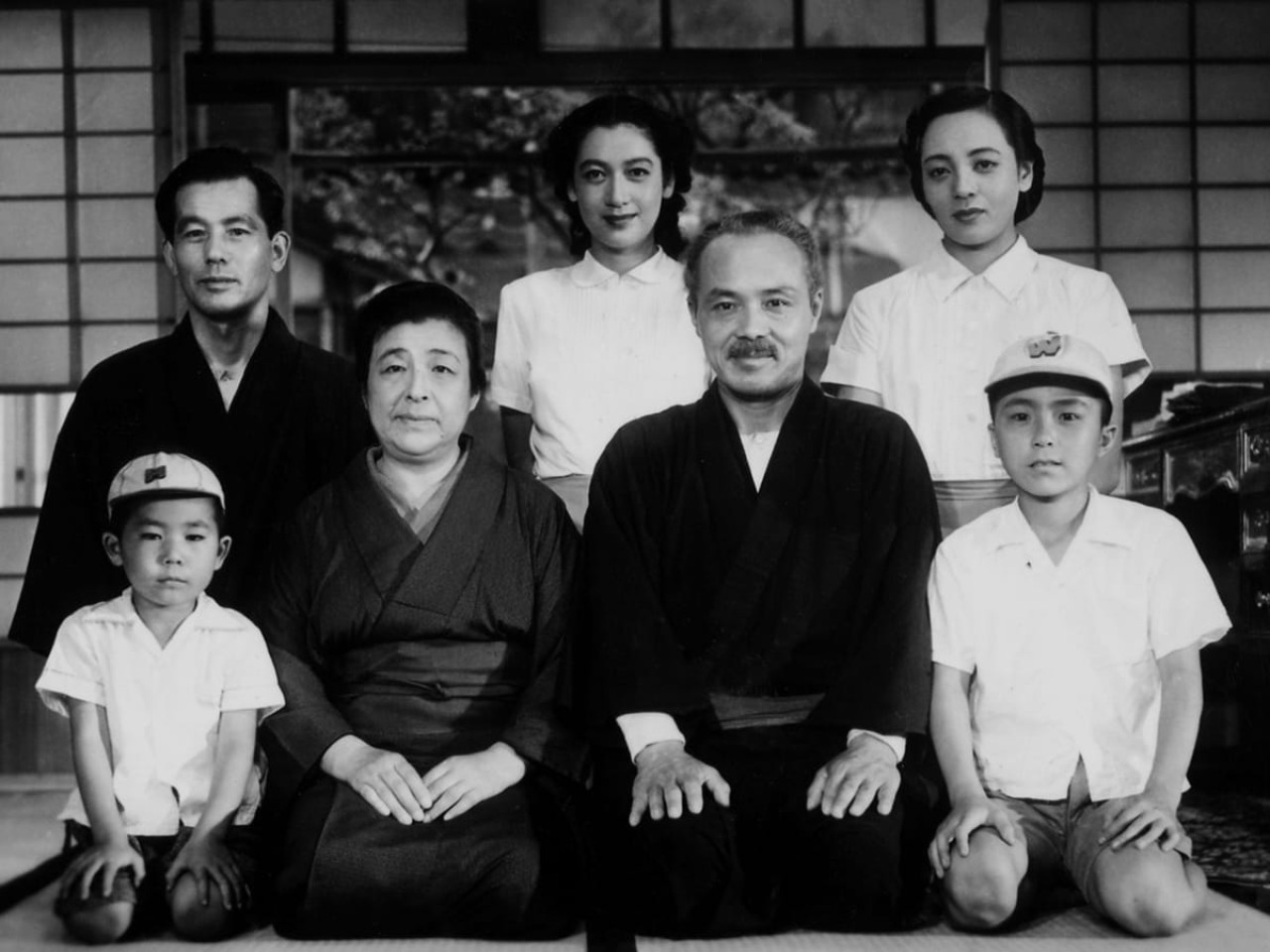Early Summer

The Mamiya family is seeking a husband for their daughter, Noriko, but she has ideas of her own. Played by the extraordinary Setsuko Hara, Noriko impulsively chooses her childhood friend, at once fulfilling her family's desires while tearing them apart. A seemingly simple story, Early Summer is one of Yasujiro Ozu's most complex works—a nuanced examination of life's changes across three generations. The Criterion Collection is proud to present one of the director's most enduring classics.
SPECIAL EDITION FEATURES
- Restored high-definition digital transfer
- Audio commentary by Japanese-film expert Donald Richie, author of Ozu and A Hundred Years of Japanese Film
- Ozu’s Films from Behind-the-Scenes, a conversation about Ozu and his working methods between child-actor and sound technician Kojiro Suematsu, assistant cameraman Takashi Kawamata, and Ozu producer Shizuo Yamanouchi
- Original theatrical trailer
- PLUS: An essay by film scholar David Bordwell, author of Ozu and the Poetics of Cinema, and an essay about Ozu by filmmaker Jim Jarmusch
Cover by Michael Boland
SPECIAL EDITION FEATURES
- Restored high-definition digital transfer
- Audio commentary by Japanese-film expert Donald Richie, author of Ozu and A Hundred Years of Japanese Film
- Ozu’s Films from Behind-the-Scenes, a conversation about Ozu and his working methods between child-actor and sound technician Kojiro Suematsu, assistant cameraman Takashi Kawamata, and Ozu producer Shizuo Yamanouchi
- Original theatrical trailer
- PLUS: An essay by film scholar David Bordwell, author of Ozu and the Poetics of Cinema, and an essay about Ozu by filmmaker Jim Jarmusch
Cover by Michael Boland

Cast
- Setsuko Hara
- Noriko Mamiya
- Chishu Ryu
- Koichi Mamiya
- Chikage Awashima
- Aya Tamura
- Kuniko Miyake
- Fumiko Mamiya
- Ichiro Sagai
- Shukichi Mamiya
- Chieko Higashiyama
- Shige Mamiya
- Haruko Sugimura
- Tami Yabe
- Hiroshi Nihonyanagi
- Kenkichi Yabe
- Kuniko Igawa
- Takako
- Seiji Miyaguchi
- Nishiwaki
- Shuji Sano
- Sotaro Satake
- Zen Murase
- Minoru Mamiya
- Isao Shirosawa
- Isamu Mamiya
- Kazuyo Ito
- Mitsuko Yabe
- Tami Yamamoto
- Tomiko Nishiwaki
Credits
- Director
- Yasujiro Ozu
- Writers
- Kogo Noda
- Writers
- Yasujiro Ozu
- Producer
- Takeshi Yamamoto
- Cinematography
- Yuharu Atsuta
- Editing
- Yoshiyasu Hamamura
- Art director
- Tatsuo Hamada
- Lighting
- Itsuo Takashita
- Music
- Senji Ito
- Assistant director
- Shohei Imamura
- Recording
- Yoshisaburo Seno














